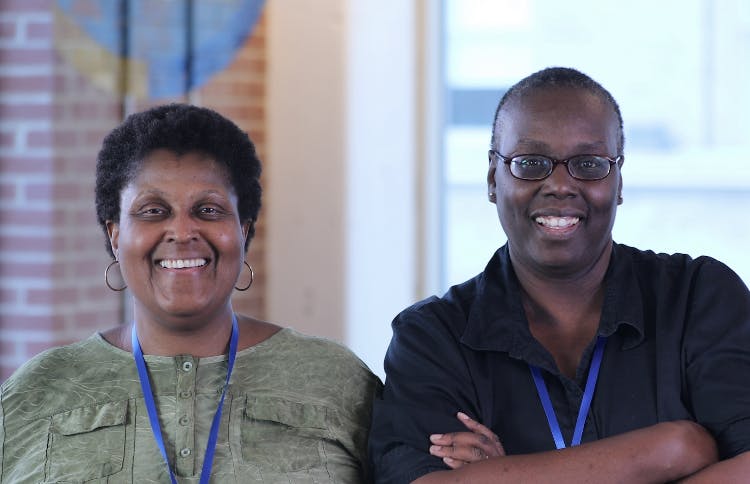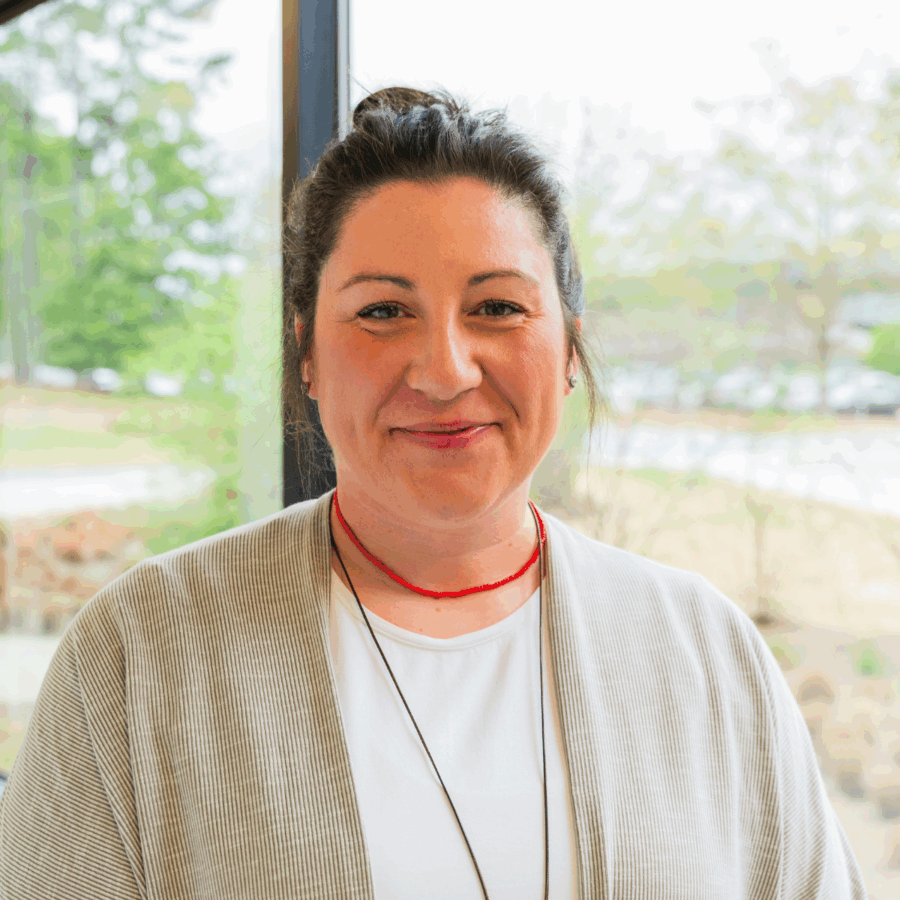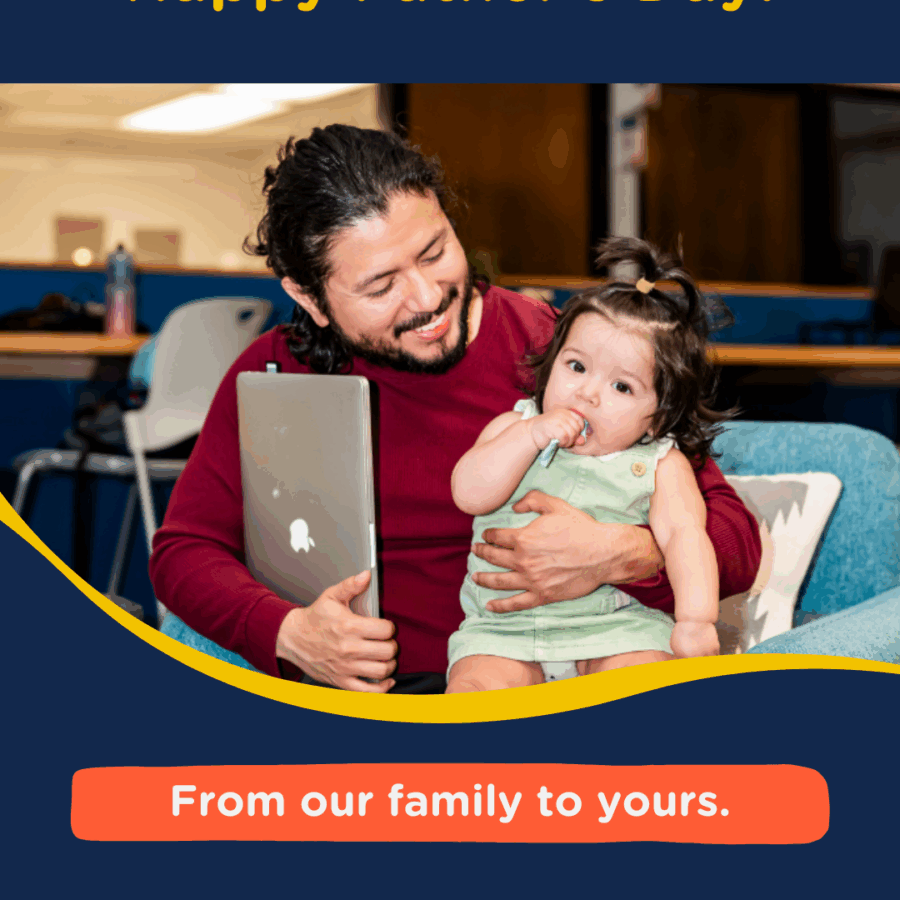Justin Laidlaw, Engagement Manager at Code the Dream, talks with Sonja Ebron, co-founder at Courtroom5, about how their technology is simplifying the legal process for the average person and making it more affordable. This conversation is part of our Tech & Civic Engagement series.
What is Courtroom5?
Courtroom5 is a do-it-yourself technology that empowers users to get the training, tools and support they need to win tough legal cases.
Neither of the company’s founders, Debra Slone and Sonja Ebron, have a background in practicing law. Slone has a Ph.D in library science, Ebron a Ph.D in electrical engineering. But through their own struggles as two Black women dealing with the complexities and enormous cost of the American legal system, the two set out to solve a problem that millions of others face around the country.

“There are 7 million people handling debt collection, foreclosure, even personal injury claims, and dozens of other cases on their own because they can’t afford a $5,000 retainer or $300 an hour to pay a lawyer to represent them,” said Ebron.“
This is not just unjust, it’s undemocratic. This is not a high-end retail store where you can’t afford to make a purchase. This is our government. In particular, this is the branch of our government that’s set aside specifically to hear disputes like these… The process is so difficult and so technical that the average person just can’t navigate it on their own. We are essentially losing what is our First Amendment right to petition our government.
How does Courtroom5 work?
Courtroom5 allows users to input information about their case: things like what court they’re in, what type of claim is being made, and who the parties involved are. With the use of artificial intelligence, Courtroom5 tracks your progress and sends relevant information as well as training tools so that you can prepare important documents required for court proceedings.
“We simply walk you at every step of the case through making a good decision on what to file at any particular step, and making that filing as effective and persuasive as you can be with a judge in order to get to the next step,” said Ebron.
Ultimately, Courtroom5 is only providing information. Decision-making is still up to the user. Every state has its own statutes in place that prohibit the unauthorized practice of law.
“For legal reasons, we can’t tell you, and we may not know, explicitly what you should do. We wouldn’t want to give legal advice as a machine,” said Ebron.
Although Courtroom5 is available nationwide, they still have to adhere to the rules of any state where a case is located, preventing them from making decisions on behalf of a user, but some states are starting to re-evaluate those rules.
“There are a couple of states that are really relaxing those sorts of rules, and a number of states are looking at it because there’s such a problem with accessing justice,” said Ebron
The court system was not immune to the trouble caused by the COVID-19 pandemic, and had to adjust to operating virtually while many areas of the country were shut down.
“We saw during the pandemic that while the physical courthouses had to close, they had a constitutional obligation to remain open in some way and so we saw much more access to electronic filings in the court made available to people without lawyers. Lawyers have been able to do that for a while but now regular people around the country are more able to do it,” said Ebron.
What is this technology important?
Access to information is a significant barrier for many marginalized groups. As we become more reliant on the Internet and technology for everyday activities like work, school, and healthcare, people need to know where to find the resources they need to make important decisions about their lives, including engaging with the government. She believes our public library systems, a subject in which her co-founder Debra is already an expert, could be a model for how to deploy this useful information.
Every municipality in the country has a public library. In order to be a librarian, you need a Master’s degree. You have to demonstrate a capability of finding information and making it accessible for average people… But the vast majority of the information that patrons need is in city government or county government. Why can’t we deploy that tremendous talent that we put in public libraries to help people access the information in their own government?
Through their technology, Courtroom5 has assisted thousands of people in making the right choice for themselves as they prepare for their day in court. Ebron continues to be a tech-optimist, especially as it relates to helping people in marginalized communities, but says that building the right technology is only half the battle.
“There are loads of opportunities for technology to make a difference but frankly we have to have the people who would adopt that technology, bring it into our institution, and be willing to implement it.”
You can learn more about our Tech & Civic Engagement campaign here.





